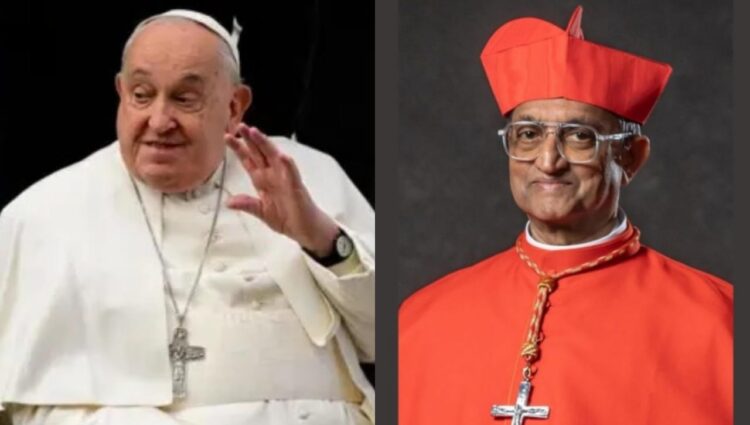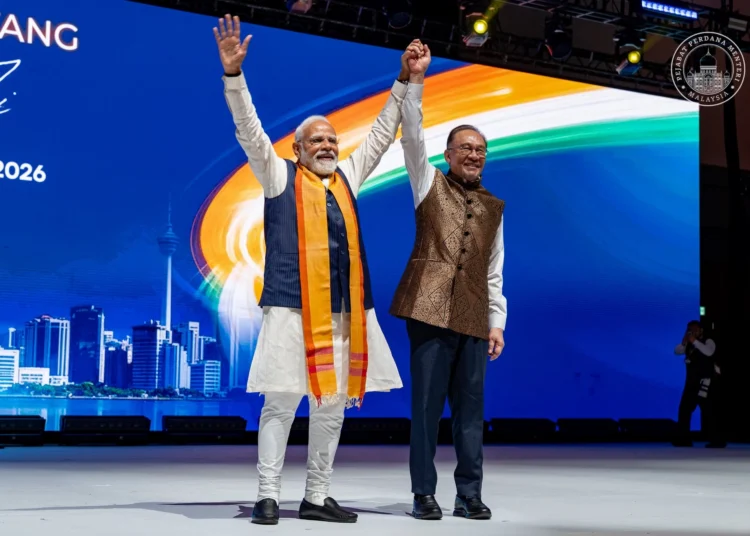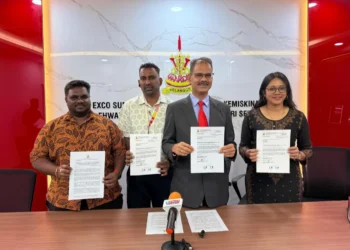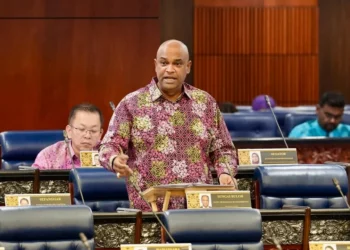The next Pope will be selected by the College of Cardinals—the Catholic Church’s highest-ranking clergy—following the passing of Pope Francis. Among the 135 eligible voters is a representative from Malaysia.
These cardinals, entrusted with the responsibility of choosing the new pontiff, are gathering for the conclave—a term derived from the Latin cum clave, meaning “with a key.” This signifies the private and highly confidential nature of the papal election process.
Among them is Johor-born Datuk Seri Sebastian Francis, a 73-year-old priest who has served as the Bishop of Penang since 2011 and currently resides there. He will join fellow cardinals from around the world in casting his vote. He was appointed as a Cardinal by Pope Francis in September 2023, becoming the second Malaysian to receive this honor after the late Anthony Soter Fernandez.
Former president of the Malaysian Catholic Lawyers Association, Datuk Joy Appukuttan, remarked that during Pope Francis’ papacy, “a significant number of cardinals have been appointed from smaller nations.”
“Malaysia and Singapore are notable examples. Our very own Cardinal Sebastian Francis is among them and will soon be participating in the conclave,” he added.
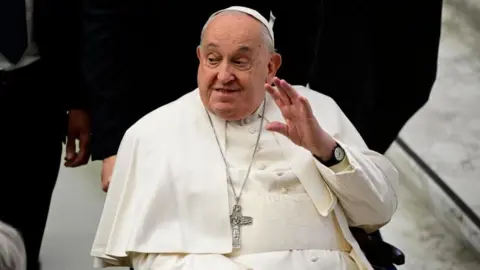
Another source confirmed, “Cardinal Sebastian is currently en route to Rome for the papal election.”
The Penang Diocese, in a statement on its website, highlighted Cardinal Francis’s personal philosophy, emphasizing that “a person should possess strong emotional and human maturity, remain open to creative thinking, and be inclusive—especially when it comes to ethnic, racial, and religious diversity.”
According to The Guardian, there are over 250 cardinals representing more than 90 countries. However, only around 135 of them are eligible to vote in the papal election, as those over the age of 80 are excluded from the process.
Approximately 110 of these voting cardinals were appointed by Pope Francis over the past decade, and they largely embody his vision for a more inclusive Church. Once the cardinals convene in Rome—typically 15 to 20 days after the Pope’s passing—they gather beneath Michelangelo’s iconic ceiling in the Sistine Chapel to begin their solemn discussions.
When the phrase extra omnes—meaning “everyone out”—is pronounced, it signals that all non-voting individuals, except for a few designated officials and medical staff, must leave the room. The doors are then sealed to ensure complete confidentiality.
The cardinals take a solemn oath of complete secrecy and are cut off from all external communication throughout the election process. Their mobile phones are confiscated, and they are denied access to newspapers, television, letters, or any form of messaging. The Sistine Chapel is also thoroughly checked for surveillance devices both before and during the conclave, the report stated.

Voting continues in successive rounds until a candidate secures a two-thirds majority, meaning there will be multiple rounds of elimination. Although the voting is conducted in secret, The Guardian noted that the process is not entirely free from internal factions, behind-the-scenes maneuvering, or lobbying efforts.
After each round, the ballots are burned—black smoke rising from the 60-foot chimney signifies that no decision has been reached, while white smoke signals to the world that a new Pope has been chosen. The election draws global interest, as the Pope is seen as the spiritual leader of 1.37 billion Catholics worldwide.
Pope Francis, originally from Argentina and the first Latin American to hold the papacy, has been a vocal advocate for social justice, environmental protection, and the Palestinian cause.
In his Easter Sunday address last week, he expressed solidarity with those suffering in both Palestine and Israel, stating his heartfelt concern for “the sufferings of Christians in Palestine and Israel, as well as all the Israeli and Palestinian people.”
He has consistently condemned Israel’s military actions in the Gaza Strip, particularly the loss of Palestinian lives. In one video shared on social media, the Pope is seen reaching out to Catholic priests in Palestine, checking on their safety amid the ongoing violence.
Source: Malay Mail
Follow us on Instagram, Facebook or Telegram for more updates and breaking news.


